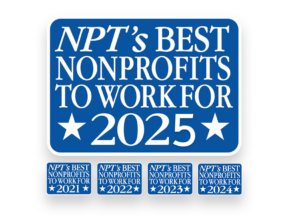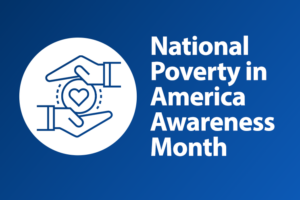Sarah Ford | March 6, 2014
John Wayne Cancer Institute Research Improves Melanoma Care
The John Wayne Cancer Institute (JWCI) at Saint John’s Health Center, in partnership with organizations like the National Institutes of Health and National Cancer Institute, confirmed last week the benefits of sentinel node biopsy in melanoma treatment. The results of the globally collaborated phase III study “Final Trial Report of Sentinel-Node Biopsy versus Nodal Observation in Melanoma”) was published Thursday in the New England Journal of Medicine. Working with several other international research institutes known collectively as the Multicenter Selective Lymphadenectomy Trial Group, JWCI researchers discovered that disease-free survival in patients with cutaneous melanoma whose disease has already spread to the regional nodes is best managed with sentinel node biopsy. The findings are the first long-term evidence from randomized trials validating the importance of sentinel node biopsy in the staging and treatment of most types of melanoma.
“This publication is the culmination of nearly 20 years of research carried out worldwide,” said Mark Faries, MD, FACS, director of the Donald L. Morton, MD, Melanoma Research Program at JWCI and author of the study. “We now have the best evidence yet that the sentinel node procedure not only gives patients the most accurate information about their future, it also increases their chances for survival. The success of this long-term effort is a testament to the dedication of our research team at JWCI and worldwide and to the courage of our patients who participated in the trial.”
Sentinel node biopsy as a technique for staging melanoma was developed by one of JWCI’s founders, Dr. Morton, and has become the international medical standard for melanoma surgery and has since been
adapted for use for other types of cancers. The technique involves injecting a blue dye and radioactive substance into the lymphatic system near the tumor. As the dye is absorbed, it identifies the sentinel node so that it can be excised and analyzed for evidence of cancer spread. If cancer has not invaded the sentinel node, the surgeon may elect to leave the other healthy lymph nodes in place.
“In addition to its considerable impact on recurrence and disease-free survival, sentinel node biopsy provides previously unattainable staging accuracy that facilitates identification of high-risk candidates for adjuvant therapy with standard and novel agents,” said Mohammed Kashani-Sabet, MD, director of the California Pacific Medical Center’s (CPMC) Center for Melanoma Research and Treatment in San Francisco, senior scientist at CPMC’s Research Institute and a co-author of the study.
The new research represents long-term results of the Multicenter Selective Lymphadenectomy Trial (MSLT-I), a study of more than 2000 patients begun in 1994 to examine the utility and effectiveness of sentinel node biopsy and lymphadenectomy in staging and managing patients melanoma.
Get Resources and Insights Straight To Your Inbox
Explore More Articles
$1 Billion in Giving: America’s Charities Reaches a Historic Milestone
A testament to the impact of mobilizing the power of giving. We have some extraordinary news to share. In 2025, America’s Charities crossed a threshold that few organizations…
America’s Charities Named ‘Best Nonprofit To Work For’ For Fifth Consecutive Year
Washington, D.C. – April 1, 2025 – America’s Charities, the nonprofit that mobilizes the power of giving as a leading provider of volunteering, workplace giving,…
Get Resources and Insights Straight To Your Inbox
Receive our monthly/bi-monthly newsletter filled with information about causes, nonprofit impact, and topics important for corporate social responsibility and employee engagement professionals, including disaster response, workplace giving, matching gifts, employee assistance funds, volunteering, scholarship award program management, grantmaking, and other philanthropic initiatives.




